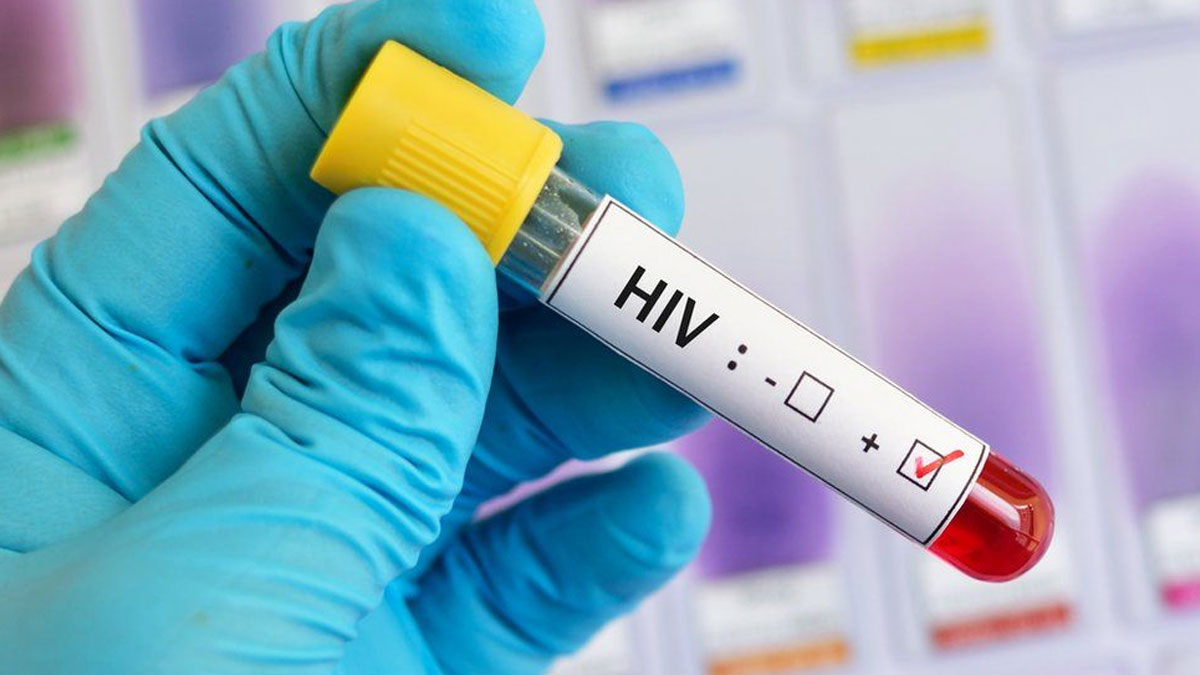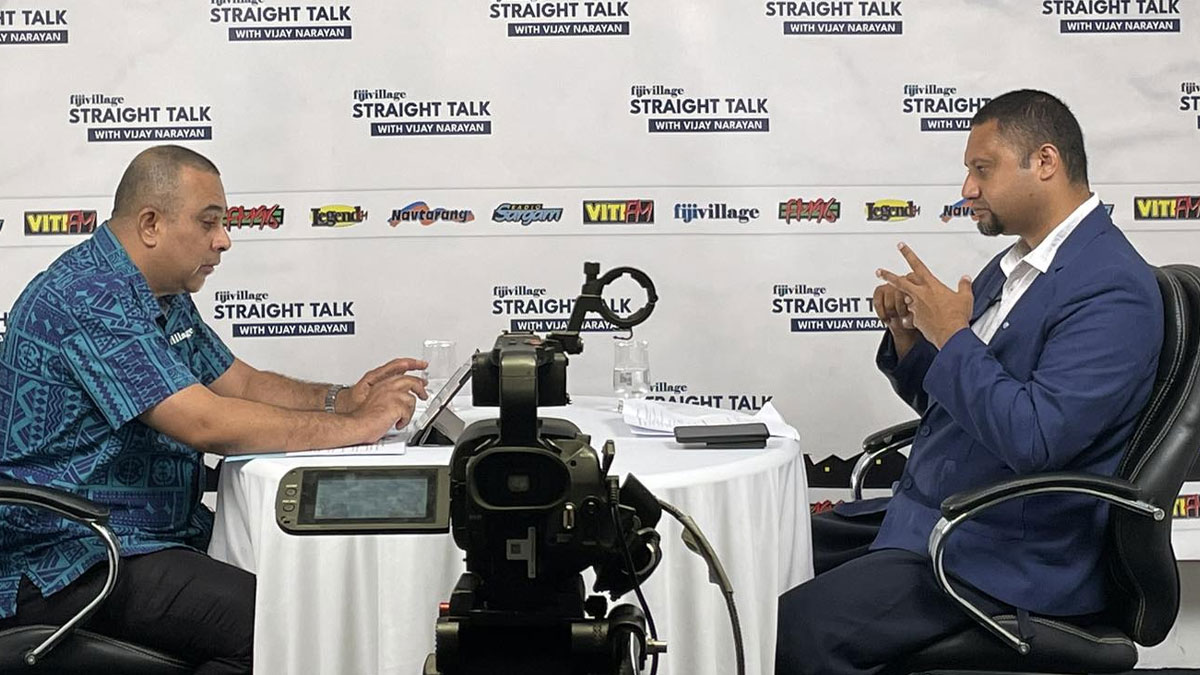
The Health Ministry is facing a real uphill battle with the increasing number of cases of HIV and AIDS as Fiji recorded an alarming 415 new HIV cases last year compared to 245 cases in 2022.
According to the Global AIDS Monitoring Report, Fiji is now one of the top two countries in the Asia-Pacific region with rapidly rising new HIV infections.
While responding to the President’s speech in parliament, Health Minister, Doctor Atonio Lalabalavu says out of these cases last year, 404 are adults, while 11 cases are children.
Doctor Lalabalavu says three of the children got HIV through sexual transmission, while 8 children got HIV/AIDS through Mother-To-Child Transmission. Of the total number of patients being diagnosed, 298 are reported to be males, 122 females and 4 transgender community.
31 of these cases were teenagers aged between 15 to 19 years.
Doctor Lalabalavu says while the HIV/AIDS cases are still the tip of the iceberg, it is commendable for the government of the day to recognise two significant issues that were pushed under the carpet : firstly, it recognises drugs as an issue and secondly it recognised HIV.
He says the increase is attributed through increase in active case finding within the Ministry of Health using Point of Care Testing.
Doctor Lalabalavu says unfortunately, in 2023 alone, Fiji lost 82 lives to HIV, which is one too many.
The Health Minister says the Ministry is aware of the linkage between the use of illicit drugs in the country and the rise of HIV cases.
He says activities such as Bluetoothing for IV drug users and Chem-Sex amongst the younger population are fuelling the rise in new HIV cases.
The practice of "bluetoothing" is withdrawing blood after a drug hit and injecting it into a second person.
The Ministry is finalizing the HIV Surge Strategy which will facilitate their collaboration with health partners, across government ministries, and the communities to strengthen prevention, increase national HIV testing by 3 percent for key population groups, improve access to diagnosis and treatment, reduce stigma and discrimination relating to HIV and AIDS, and strengthen the governance of the HIV response program.
Doctor Lalabalavu reminds everyone in Fiji that unsafe sexual practices and the use of injectable drugs are contributing to the rise of HIV in Fiji.
He says avoiding this risky behaviour can prevent you from getting the HIV infection.
Stay tuned for the latest news on our radio stations


